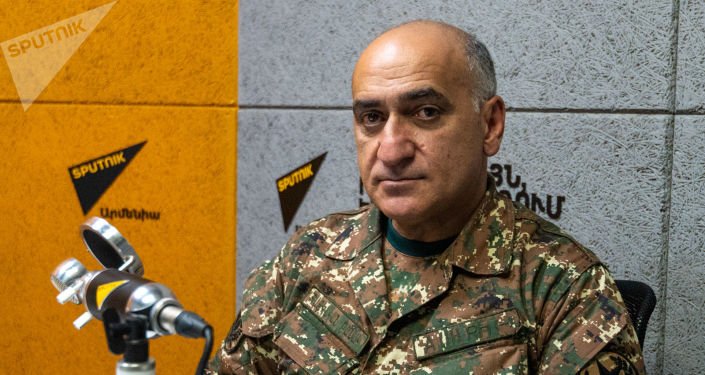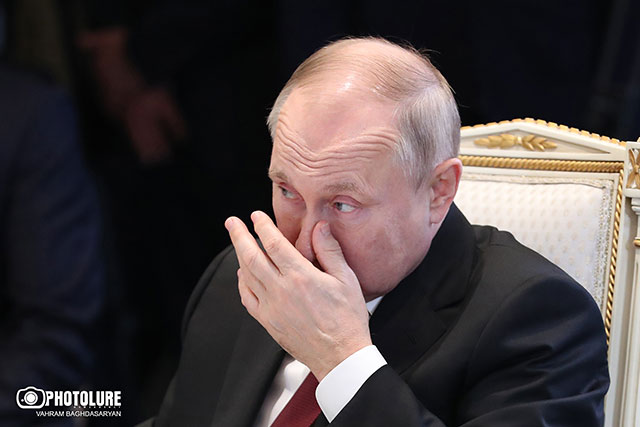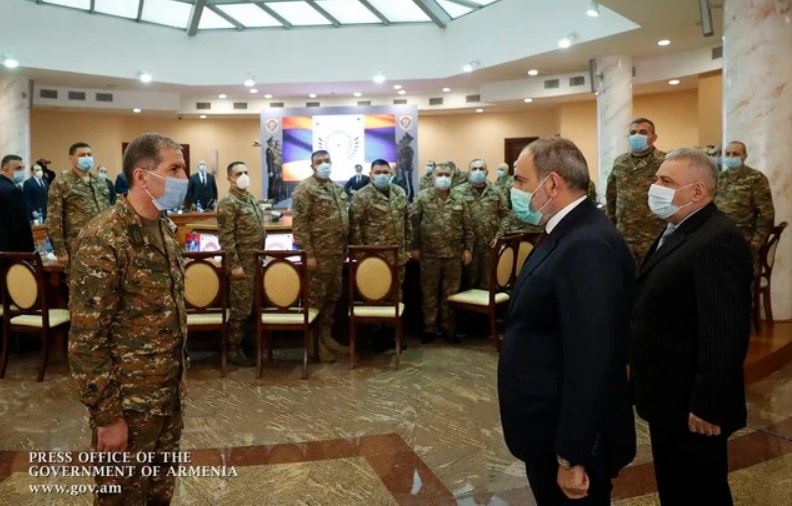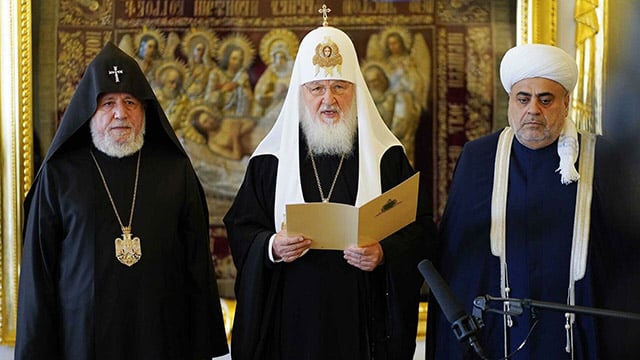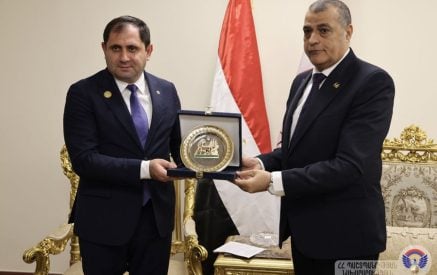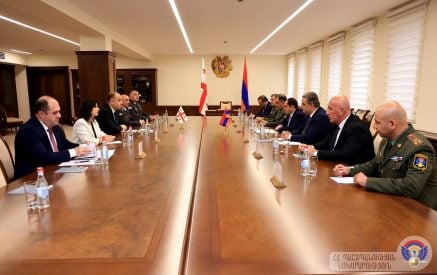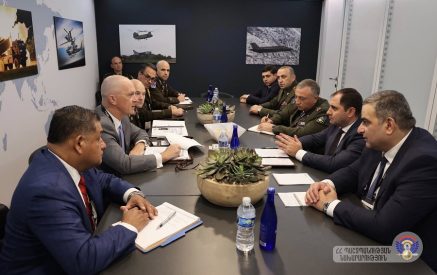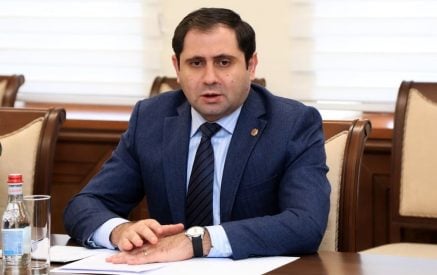“Did we receive help from the Minsk Group co-chairs during the war, for example, even though they were aware that terrorists were in Azerbaijan and fighting against us? Have any sanctions been imposed on Azerbaijan?” the former advisor to former Chief of Staff Onik Gasparyan, the former presidential advisor to Levon Ter-Petrossian on security issues, and the head of special operations, Vladimir Poghosyan, said in response to Aravot Daily’s question of whether he still holds the opinion that Armenia should not talk to Azerbaijan in the conditions promoted by the OSCE Minsk Group co-chairs and we should have direct contact with Azerbaijan while leaving only Russia as a moderator, as it was once stated by the Azeri press.
As an argument, he spoke about the events in Yeraskh and the co-chairs’ response. “Now, they are shooting in Yeraskh all day, and we have seen what is happening in Artsakh. But besides that, they say that we should unblock the roads. We don’t hear anything else from them.” Upon our response of if the Minsk Group says to open the roads, or if Russia is more interested in that together with Azerbaijan and Turkey, Vladimir Poghosyan responded, “Russia says that we must unblock the roads. The French ambassador also said so the other day. In other words, whose territories must we unblock? Azerbaijan has a route to Turkey via Iran. It has the same route via Georgia. Azerbaijan works with both Turkey and Georgia through that territory via Iran. Whom are we bothering? Why are they forcing us to open a route from Azerbaijan to Turkey? What products must we send to Turkey or Azerbaijan? What do we gain besides the fact that Turkey and Azerbaijan will grow stronger? If they start to use our territory, our agricultural businesses will be destroyed within a month.”
Upon our reminder of what the OSCE should do if the acting Prime Minister of Armenia, Nikol Pashinyan, has reached a verbal agreement to open communications, and he announced at the government session that he is ready to sign that document, Vladimir Poghosyan said, “Even if Europe says to open the routes and Pashinyan says that he wants to open them, Aliyev says that he’s lying. Aliyev says that we should not open them, and he will open them by force. He is not going to take a corridor, but as much as he needs. But what Pashinyan says does not mean that one person decides. And that is connected to our state interests.”
According to Vladimir Poghosyan, Armenia must intensively work with China and Iran. “This is our future, not opening a route from Azerbaijan to Turkey.” In his opinion, although Georgia did not behave well during the war, we can now talk to Georgia and warn them. “We can tell Georgia that if we open routes, no one will need their ports in Batumi and Poti. Azerbaijan’s products will reach Turkey via Armenia. We are making Georgia weaker. In other words, Armenians and Georgians will suffer from opening routes.”
Read also
Vladimir Poghosyan said that their sources have already shared information about the opponent’s plans. “I am going to say something exclusive. According to our sources, Turkish groups in Europe, including the Talaat Pasha and Adana organizations and radicals, have received orders to grow active until September and work against us in the information sector. They did the same thing until the war in September. This information corresponds to the plans we received from the opponent. These are dangerous processes. It’s not as though we are saying that we should take the peaceful route and give away this or that. But how much should we give away?”
According to Vladimir Poghosyan, it is frequently mentioned deliberately that our army is weak so that they can later say, ‘How can we not agree if they are forcing us?’ In his opinion, in this situation, when there are shootings every day and we have casualties and wounded soldiers, it is necessary to hold military exercises, mobilize people, train them, and distribute weapons in the villages so that people are ready for self-defense, but nothing is happening. According to Vladimir Poghosyan, large-scale operations can be launched at any time. And instead of the state and government forming at a rapid pace, the National Assembly session is scheduled for August 2nd.
Tatev Harutyunyan



















































